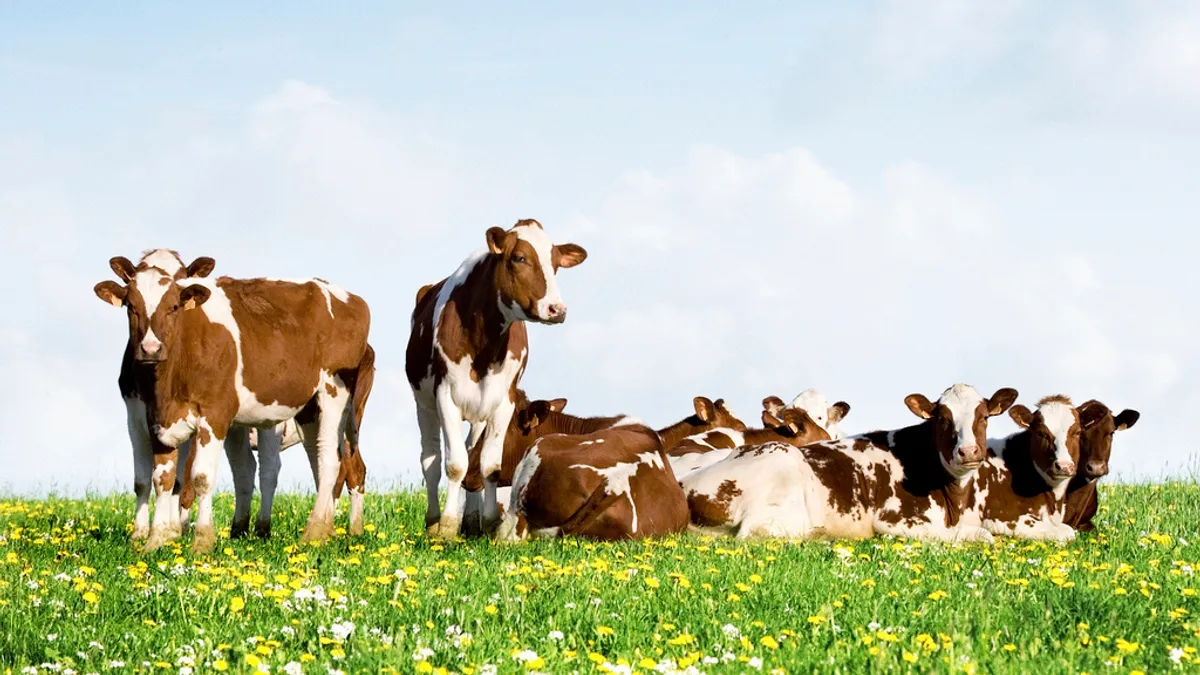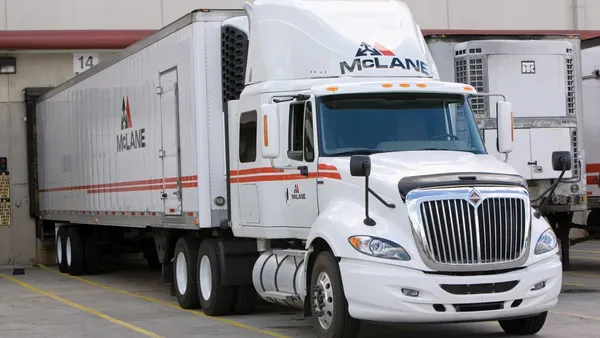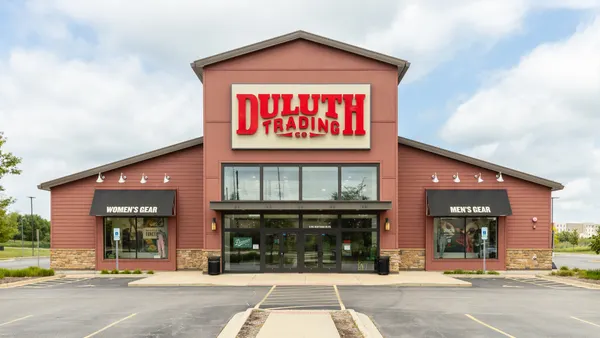Dive Brief:
- Nestlé has announced the launch of a new open blockchain pilot with OpenSC, a blockchain platform that provides verified product sourcing and sustainability information directly to customers. While Nestlé has experimented with blockchain track and trace initiatives internally in the past, namely IBM's Food Trust, according to the press release, this is the first time it has piloted a completely open blockchain data platform.
- The pilot will focus on tracing milk from producers in New Zealand to factories and warehouses in the Middle East, and will expand to palm oil later in the year.
- "This open blockchain technology will allow anyone, anywhere in the world to assess our responsible sourcing facts and figures,” Benjamin Ware, the global head of responsible sourcing at Nestlé said in the release. "We believe it is another important step towards the full disclosure of our supply chains ... raising the bar for transparency and responsible production globally."
Dive Insight:
Nestlé's previous blockchain initiative with IBM focused on product traceability within the supply chain, verifying trade certifications and secure data entry and access. The new partnership with OpenSC also captures this information, but goes a step further by incorporating sustainability and ethics-related data and making it directly available to everyday consumers via scannable QR codes and an open online platform.
OpenSC was founded as a joint initiative between the World Wildlife Fund and the Boston Consulting Group's Digital Ventures division to support transparent and sustainable supply chains in the food industry. Currently, the platform focuses on tracing meat and fish by using RFID tags and IoT sensors to track individual products from source to shelf.
Nestlé announced a commitment to pursuing a fully transparent supply chain in February of this year and cites its partnership with OpenSC as a means of publicly verifying its progress.
"Following the public disclosure of our palm oil and pulp and paper supply chains last year, we are now pleased to release supply chain information for soya, meat (beef, pork, veal, lamb/mutton), hazelnuts and vanilla," Magdi Batato, executive vice president and head of operations at Nestlé, said in a press release. "By mid-2019, we will also publish the supply chain information for our other priority commodities, which include seafood, coconut, vegetables, spices, coffee, cocoa, dairy, poultry, eggs, cereals and sugar."
As consumers seek ethically produced items, having data to back up a company's claims about its products and brand values is becoming a competitive advantage. Earlier this year, European grocery retailer Carrefour posted increased sales on items that were involved in a similar blockchain pilot that showed consumers where they were sourced.













